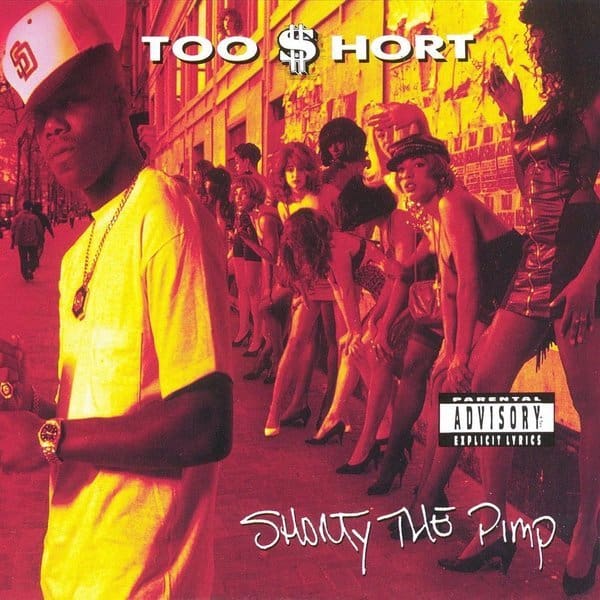

On at the present time in Hip-Hop historical past, Oakland legend Too $hort dropped his fourth studio album, Shorty The Pimp, through Jive Data in 1992. The album, impressed by the 1973 blaxploitation movie of the identical title, showcased $hort’s unmistakable mix of laid-back storytelling, pimp-game lyricism, and West Coast funk-driven manufacturing. By this level, the Bay Space icon had already carved out his personal lane—and Shorty The Pimp solely deepened the groove.
The album marked a business excessive level for Too $hort on the time, debuting at No. 6 on the Billboard 200 and No. 11 on the R&B/Hip-Hop chart, with 82,000 items offered in its first week. Whereas critics usually questioned $hort’s lyrical complexity, his formulation remained bulletproof: speak slick, journey the beat, and let the bass knock. On this mission, he subtly leveled up, including a extra polished sonic edge whereas sticking to the gritty, game-laced themes that made him well-known.

Manufacturing-wise, Shorty The Pimp was a funk masterclass. Anchored by the unmistakable sound of guitarist/producer Shorty B, and rounded out by the musical genius of Ant Banks and Too $hort himself, the album’s instrumental spine may simply stand alone as a funk compilation. Tracks like “In The Trunk” nonetheless thump as we speak, whereas joints like “No Love From Oakland” and “It Don’t Cease” helped additional solidify $hort’s street-certified storytelling.
Whereas by no means claiming to be essentially the most lyrical MC, Too $hort mastered the artwork of authenticity—and that’s what resonated. Shorty The Pimp wasn’t simply an album—it was a cultural stamp from The City, a reminder that $hort Canine wasn’t switching up for anybody.
Salute to Too $hort for dropping one other Bay Space basic and giving the sport yet one more notch of participant knowledge!














